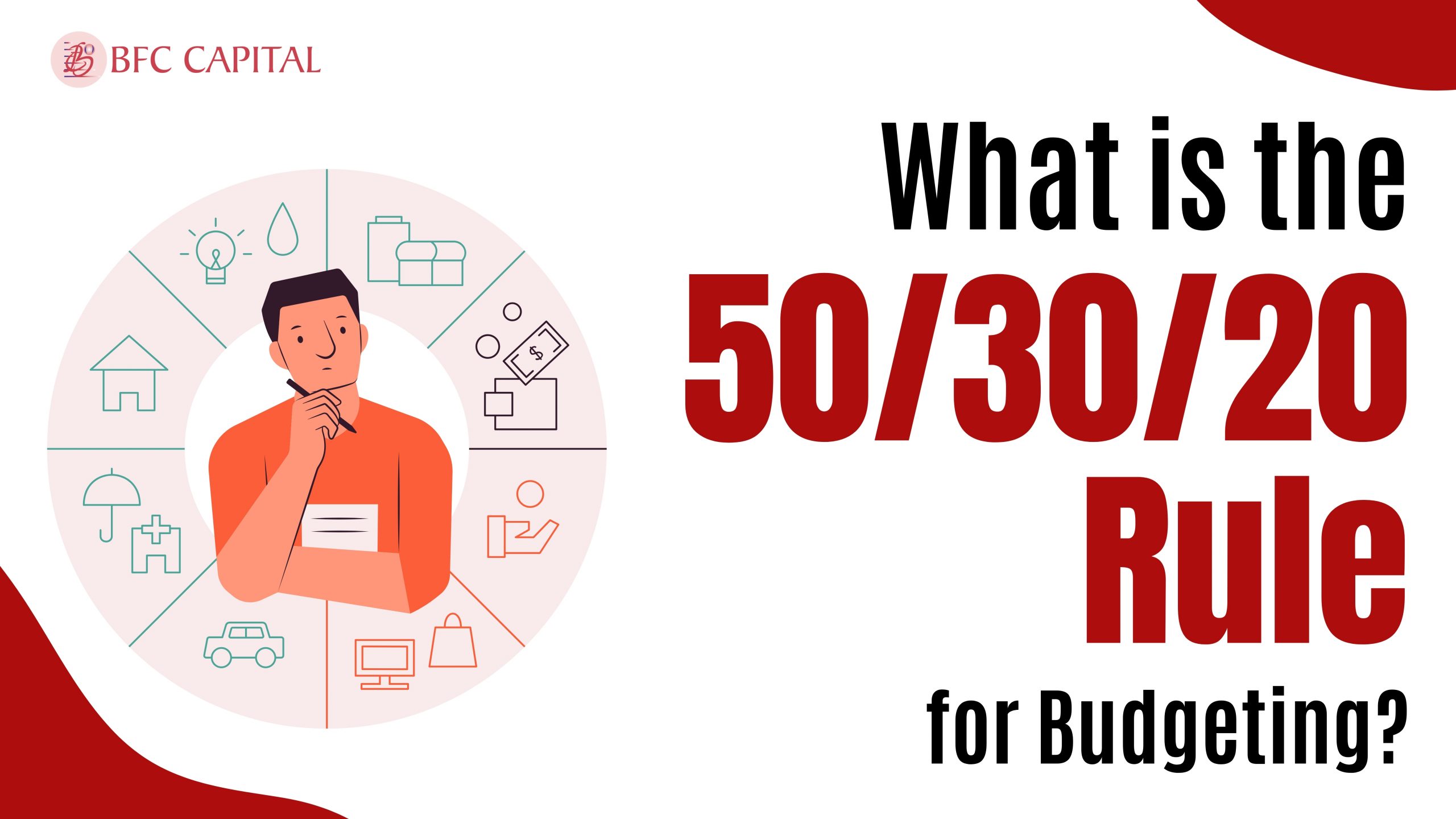
Are you planning to apply at a bank for a credit card or loan? Then, you’ll need to find out about your CIBIL or credit score! CIBIL and credit scores are frequently considered similar. Therefore, it’s not good for you since there is a difference between the two. It is very important for anyone who is going to take out a loan to understand both of them deeply. This helps them to improve their creditworthiness and avail loans conveniently.
What is the CIBIL Score?
CIBIL score is the TransUnion Holding Company, Inc CIBIL-provided credit scoring that maintains records of all companies’ and individuals’ credit-related transactions among four Indian bureaus. As a credit reporting agency, it furnishes an accurate account of one’s previous borrowing behaviour as well as protection against identity theft and any other fraudulent activities. In addition to this, the bureau provides effective information solutions to businesses leveraging risk transfers as vital decision-making tools.
CIBIL scores are determined by:
- Repayment Track Record: Your credit history of repaying previous loans and credit card balance.
- Credit Mix and Duration: A combination of secured loans such as home loans for a longer period & unsecured loans like credit cards helps in improving your score.
- Total Credit Exposure: The credit utilization ratio is the total percentage of your credit limit that you are currently employing.
- Credit Inquiries: If you apply for credit often it may negatively affect your score or rating.
While a CIBIL score is simply one kind of credit score, this term is generally used in India since it is the most popular and recognized kind of score.
What is a Credit score?
A credit score is an indicator that indicates a potential borrower’s credit handling capacity. It is calculated using the borrower’s credit file, the number of credit accounts, the total credit amount, and payback history. Moreover, the frequency of inquiries also plays a crucial role in the credit score where an inquiry refers to an application made for a loan or a credit card.
Becoming part of the key measuring system, the lender uses the score to present whether or not a borrower is more likely to repay the amount of money borrowed within time. For example, if you’ve got high results, there are more opportunities to get approved for a loan or credit card. Similarly, in a short period, a poor credit score will keep lenders off. A credit score, apart from being used in the process of risk grading of loans, is also used to determine interest rates. Thus, the score is useful in helping you cut down on the amount of money you spend when sourcing a loan from financial institutions.
Credit scores are calculated based on:
- Payment History: You get to build your credit score if you pay back loans on time or your credit card bills while defaulting or delaying a payment reduces the score.
- Credit Usage: It refers to the use of the credit one has made that he/she has been providing.
- Length of Credit History: It refers to the number of years one uses the credit. Longer the credit history the better is the credit score.
- Types of Credit: However, the type of credit products which credit cards, auto loans or mortgage helps to increase a score.
- Credit Inquiries: To be more specific, the applications for credits are not good for your credit score as many applications indicate the higher risk rates among borrowers.
Improving Your Credit and CIBIL Scores
Improving your credit score, whether it’s your CIBIL score or a general credit score, requires similar actions:
- Pay Your Bills on Time: Credit payment history is one of the core determinants of all mainstream credit scoring systems. Delays also affect your credit score in a great way and can lower it to their warrant levels.
- Decrease Credit Utilization: Reduce as much as possible all balances on your cards. In these accounts, the customers’ ratio should ideally never exceed 30% of their respective credit limits.
- Avoid Multiple Credit Applications: Every time you apply for credit, the score reduces by some point or the other depending on the type of inquiry whether a soft or the hard type. Do not apply for credit cards and credit facilities and request credit limits unless the situation necessitates it.
- Maintain a Mix of Credit: Secured and unsecured loans can either have a positive or negative impact on your score depending on the proportions. Secured credit, such as home loans, provides a lower risk than unsecured credit, such as credit cards.
Comparison Table
| Basis | CIBIL Score | Credit Score |
| Definition | CIBIL score is the TransUnion CIBIL-provided credit scoring that maintains records of all company and individual credit-related transactions among three Indian bureaus. | A credit score is a numerical representation of the creditworthiness of any potential borrower. |
| Calculation | Calculated based on a person’s credit history from their credit report, CIBIL generates it reports credit-related data from banks, non-banking financial companies, and other financial institutions | The duration of credit history, payment history, credit use, and new credit accounts are some of the factors contributing to credit ratings |
| Range | They start from 300 to 900. | They can start from 300 to 850 or 900 based on the credit bureau in use. |
| Authority | Under the Reserve Bank of India, CIBIL is a credit data firm that is authorized to operate. | The authorities that oversee credit bureaus are numerous, and their operation is varying across different countries. |
Wrapping Up
Understanding CIBIL score and Credit score is important for anyone going to take a loan. These scores help in determining creditworthiness. Although CIBIL is more common in India, credit scores should be checked across several bureaus for a well-rounded idea of credit health. You must understand how to gain creditworthiness by taking insights into both CIBIL score and credit score carefully. Therefore, it helps you to smoothen your loan availing process.
The distinctions between these scores shall enable you to make sound financial decisions and keep a clean credit standing according to the relevant credit bureaus.
To learn more about mutual funds, contact us via Phone, WhatsApp, Email, or visit our Website. Additionally, you can download the Prodigy Pro app to start investing today!
Disclaimer – This article is for educational purposes only and by no means intends to substitute expert guidance. Mutual fund investments are subject to market risks. Please read the scheme related document carefully before investing.








Name: Difference in Co-Pay and Deductible for Health Insurance
says:[…] Also, check out our recent post on: “CIBIL Score Vs Credit Score: What is the Difference?“ […]